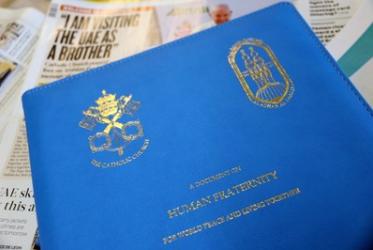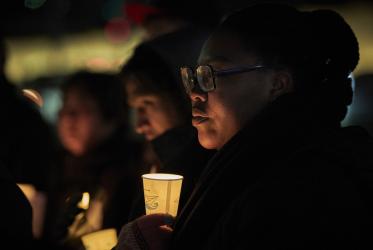Displaying 1 - 20 of 22
“Re-visiting Arusha 2018 : Highlights of African Missiology”
13 February 2020
Desmond Tutu Conference Centre, Nairobi, Kenya - (Online)
Pursuing Peace in a Pluralistic World: A Sikh-Christian Dialogue
05 July 2019
Ecumenical Centre, Geneva
Conference on ‘Promoting Peace Together’ Promoting Human Fraternity and Harmonious Co-existence through Dialogue
21 May 2019
Ecumenical Centre, Geneva
Candlelight prayer service for peace on the Korean peninsula
07 June 2018
Chapel of the Ecumenical Centre, Geneva, Switzerland


